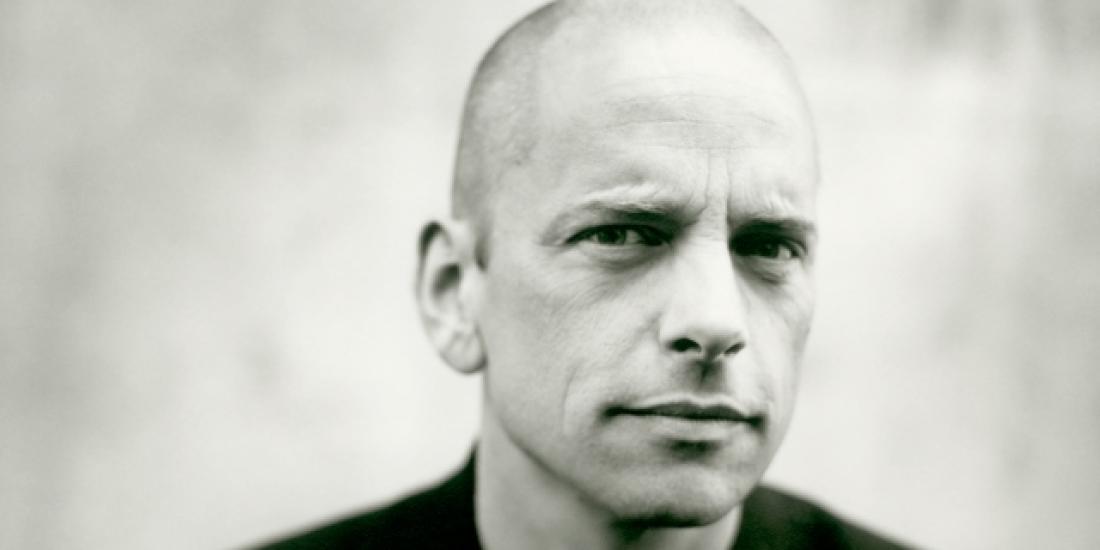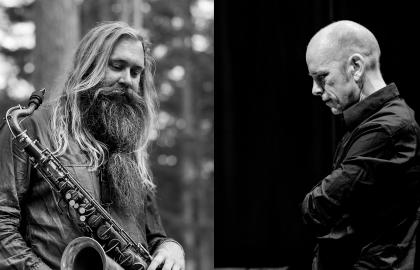Do you remember the first time you met Bach’s music and how you felt about it?
As a kid, in church, I remember playing and singing a hymn called Velt alle dine veie in Norwegian, which is the chorale Befiehl du deine Wege in German. It made a lasting impression on me because of its fantastic melody and soothing lyrics. Later on, when I was listening to cantatas, I could feel their almost therapeutical effect and they became like vitamins of which I needed a weekly dose. Also, I used to play four-handed Bach pieces with my piano teacher and even today, I can still feel that sensation in my body when it really started to swing the way Bach can. When all these dimensions – the analytical, the purely musical and the spiritual – come together, it’s an incredibly strong total experience.
You included some chorales by Bach on your album The Other Side. What was your intention?
In fact, it happened randomly during a trio rehearsal. At the end of one of my own tunes, I started to play the theme of Jesu meine Freude and the others followed up with something really beautiful. It’s an unforced dialogue that came naturally from that spontaneous improvised approach.
How does your knowledge of Bach’s writing influence your own musical creative process?
Bach is a huge influence on almost anything that came after him because he summarized the styles up until then and made such a lasting legacy of harmonic and melodic richness and coherence. For me, the duality between passion and elegance or restraint that you find in the “silent fire” of Bach’s chorales and polyphony is something that I’m always inspired by. I feel like a spiritual thread is connecting me to the chorales that have meant a lot to me over the years. They are like the very basic cornerstones of myself as a musician and as a spiritual being. Their energy is always there when I play.
“The duality between passion and elegance that you find in the ‘silent fire’ of Bach’s chorales is something that I’m always inspired by.”
Were you also inspired by other artists’ approach to Bach?
My main influence was Glenn Gould, he’s mind-blowing. I also feel a huge rush of inspiration from playing Bach pieces with a Norwegian improvising fiddler, a violinist trained in Norwegian folk music, and a singer. We used Bach’s chorales as the starting point of a project and it was amazing to see how they approached them with such a high degree of both respect and freedom.
For this project Inner Chorales, you will share the stage with Trygve Seim.
Trygve Seim is one of the most original and innovative artists on the contemporary jazz scene. I’m very much looking forward to hear how his special saxophone sound and phrasing will transform my favourite chorales. The title comes from the way we work with small nuances, pianissimo playing and space between the notes. It’s not a very flashy way of playing jazz. It’s all about internalizing the chorales as mantras that we use for musical meditation. Often, we repeat and develop one small cell for a while before we go on to the next one.
The chorale is a genre so closely related to words, but you have only the instruments to reach this pureness. Which influence do you want to have on people with your music?
For me, making music is about finding resonance between my inner core and musical miniatures, and growing from there organically. The chorales are fantastic in that regard. I would love to open up a space that enables people to get in touch with the absolute truth, beauty and goodness in themselves. As for the words, when I play Befiehl du deine Wege, I experience them in a non-dogmatic, spiritual way even though they aren’t sung. It’s as if the words ring somewhere in the back of your head.



